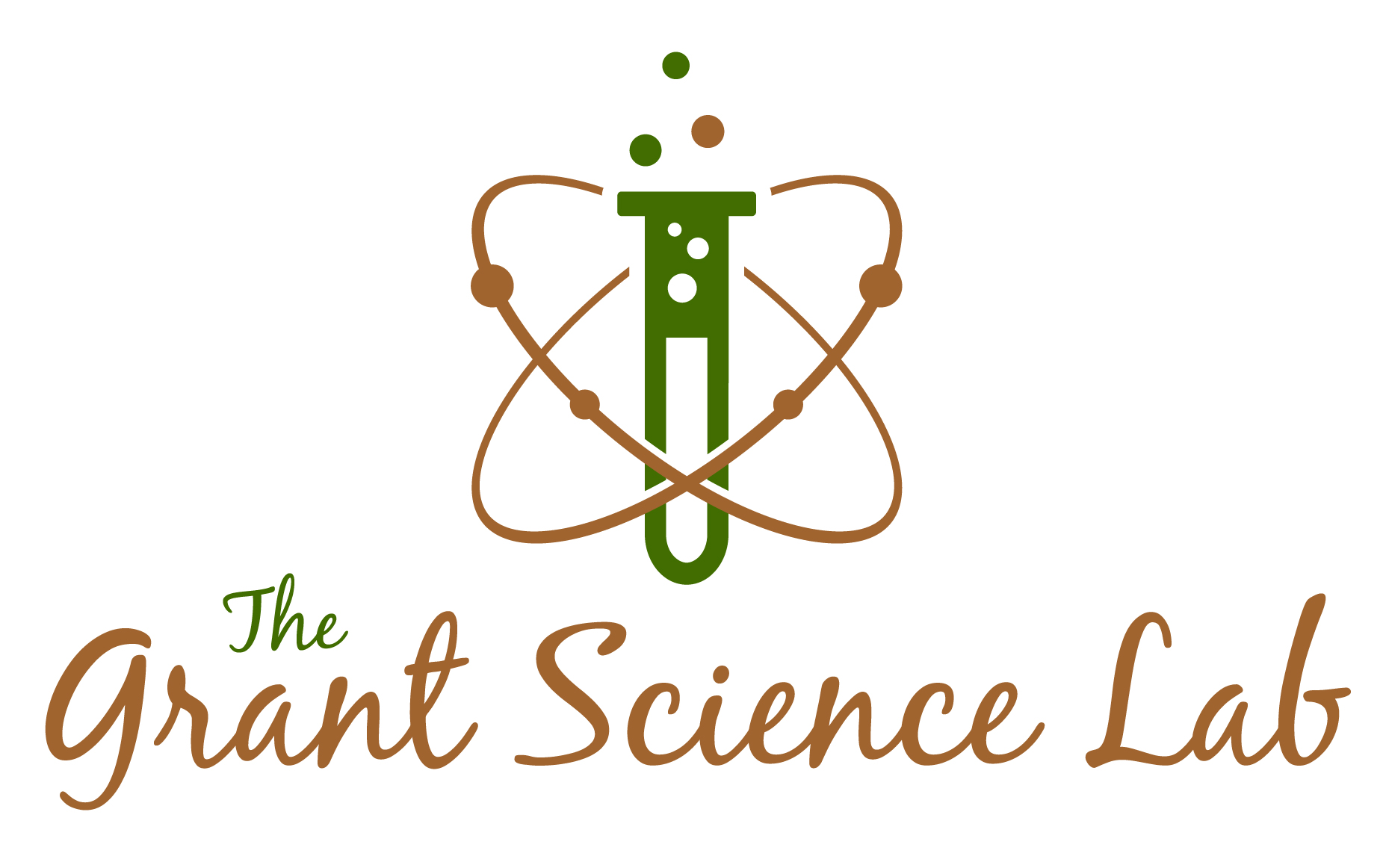What is Academic Grantsmanship? A few random thoughts.
 Academic grantsmanship seems like a deadly dull topic for these late summer days. The summer is far from over, but it is back to school for many in higher education. It is an ideal time to discuss the meaning and significance of grantsmanship for those preparing for the tenure track, on the tenure track, the tenured, outside the tenure track, and even those moving toward promotion as a new academic year begins.
Academic grantsmanship seems like a deadly dull topic for these late summer days. The summer is far from over, but it is back to school for many in higher education. It is an ideal time to discuss the meaning and significance of grantsmanship for those preparing for the tenure track, on the tenure track, the tenured, outside the tenure track, and even those moving toward promotion as a new academic year begins.
Grantsmanship matters because it is tied to employment. Both are uneasy partners in higher education, especially for scientists. Grants support both undergraduate and graduate students, postdoctoral researchers, research scientists, technicians, and even non scientific support staff with proper justification. Assistant and associate professors hear the term from colleagues and administrators when applying for tenure or promotion. Grantsmanship mattered before the current budget woes and funding sequester. It matters during these times and it will matter in the future.
What does this term mean to academics?
On the surface grantsmanship is the ability to write grant proposals that get funded. Funded grant proposals support research or educational projects. Results from those projects are published in scholarly journals. Scholarly works are about increasing the credibility of the author or authors, regardless of rank or status. For junior faculty as principal investigators, grants and scholarly works support their cases for tenure. Grants and publications from persons outside the tenure system indirectly support job their job security as well. With post-tenure review, grantsmanship matters to the senior faculty. The cycle begins again with the next idea or new hypothesis.
What are the skills that contribute to grantsmanship?
Three, closely linked skills contribute to good grantsmanship. There may be others, but these three predominate:
- Critical Thinking
- Perverse Attention to Detail
- Effective Writing
Taken together, these three skills seem unfocused and potentially overwhelming. Scientists have critical thinking down when it comes to the scientific method. On the whole, scientists are not always effective writers. Effective writing comprises a large part of a grant proposal. A perverse attention to detail connects effective critical thinking with effective writing. A talent for perverse attention to detail assists in the analysis behind the question the grant proposal attempts to answer. The same talent forces a grant writer to carefully consider the words used and the structure those words form. Successful grantsmanship begins with learning how to apply these three skills to the entire grant proposal process.
Can grantsmanship be taught?
Grant writing workshops and courses abound. I cannot speak to their relative effectiveness. They were rare events back in the late 1980’s and early 1990’s, when I was an assistant professor. The few I attended later were helpful, but barely scratched the surface of the necessary skills. For me, it was practice. As an amateur musician, practice is something I understand very well. For others, a mentor might make a big difference. Ideally, a grant writing mentor and significant practice go hand in hand. In the coming weeks, expect posts on teasing out some of the practicalities of these three skills.
